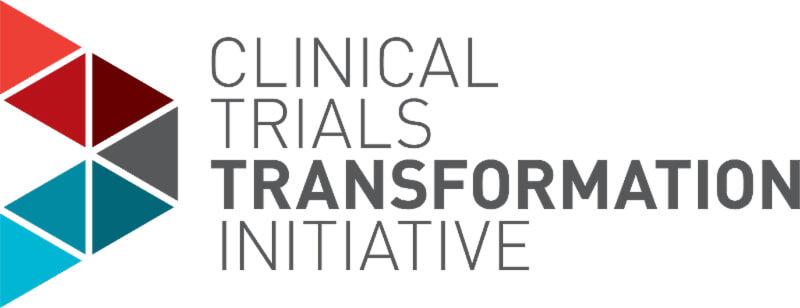
No single stakeholder can successfully address the challenges in clinical research. Because of this, the Clinical Trials Transformation Initiative (CTTI), a public-private partnership co-founded by Duke University and the FDA in 2007, brings together stakeholders from across the clinical research ecosystem to create new solutions for better, more efficient clinical trials.
With representation from academia, clinical investigators, government and regulatory agencies, industry, institutional review boards, patient advocacy groups, and others, CTTI has created over 20 recommendations and associated resources that address current challenges and opportunities in clinical research. Organizations have implemented these recommendations and resources to improve their clinical trials, and regulatory agencies have cited the work in developing new policies. Led by Executive Director Pamela Tenaerts, MD, MBA, CTTI works to determine strategies to accomplish its mission. The DCRI, which serves as the host of CTTI, and Duke University more broadly play a critical role in this collaboration. The DCRI’s John Alexander, MD, MHS, is CTTI co-chair and sits on the executive committee, which is chaired by Mark McClellan, MD, PhD, director of the Duke-Margolis Center for Health Policy.
Recent CTTI work includes creating a comprehensive set of recommendations and resources to drive the appropriate use of mobile technologies in clinical trials. Additionally, CTTI announced new resources to facilitate the implementation of single institutional review boards (sIRBs) in multicenter trials, building on many years of leading the culture shift around the use of sIRBs. This work is especially important given the 2018 Common Rule, which requires that all U.S. institutions involved in U.S.-based cooperative research use a sIRB by January 20, 2020. And, closing out 2019, CTTI also announced recommendations, resources, and case studies detailing how to leverage real-world data to plan trial eligibility criteria and recruit participants in clinical research. Looking ahead, CTTI will continue this momentum and embark on new areas of work.
This article originally appeared in the DCRI’s 2018-2019 Annual Report. View the annual reports.